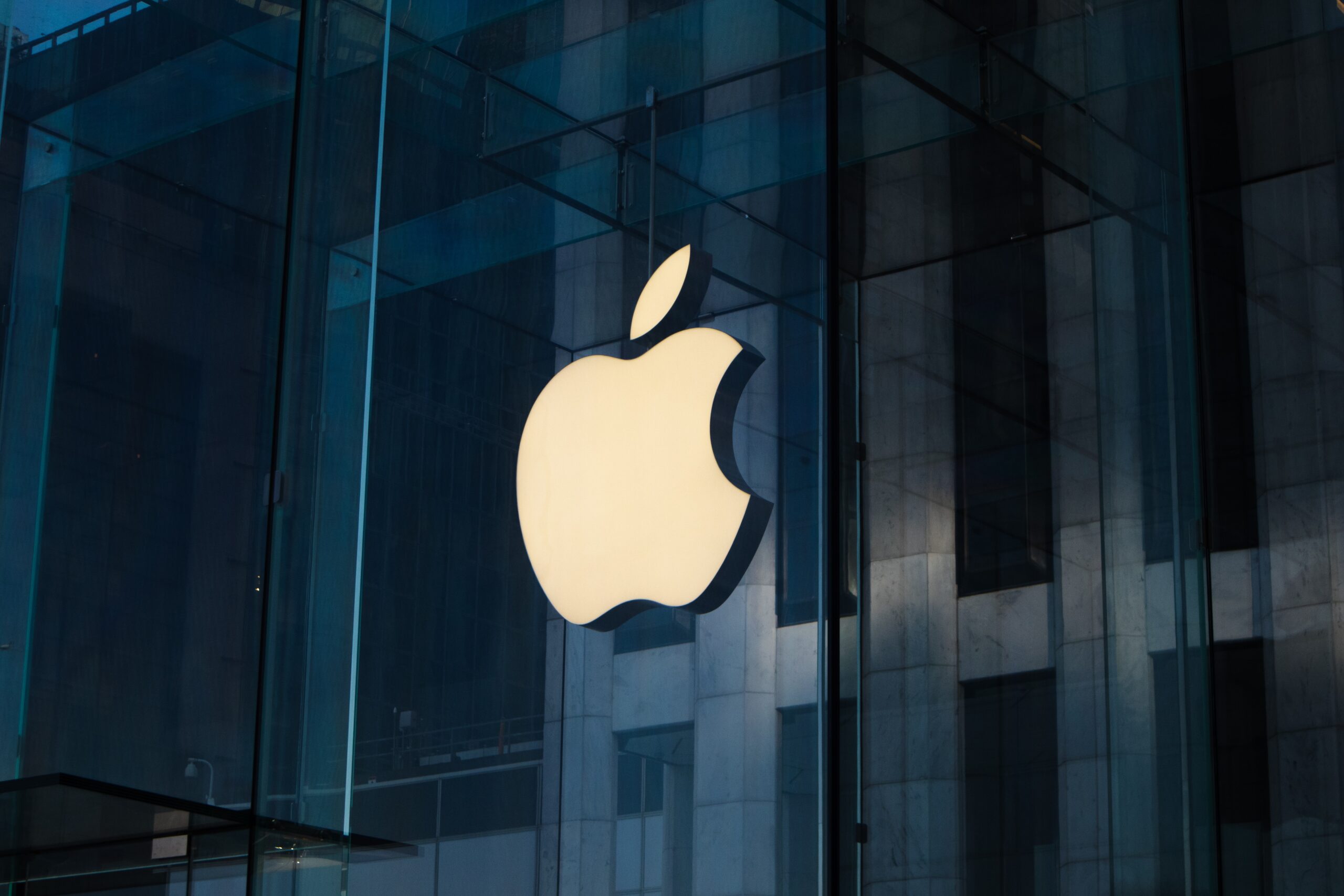According to a recent update from Apple, consumers will be able to enjoy certain NFT features on their devices. However, there are some rules as the Californian company wants to maintain control over the whole process.
Apple’s new rules, which were revised on Monday, included further details about how it views the whole cryptocurrency business, including exchanges and non-fungible tokens. As long as the local watchdogs where the App Store is located have granted them a license, Apple may cooperate with trade venues.
When it comes to in-app purchases, the issue becomes a little bit more challenging. Any cryptocurrency or NFT platforms that want to offer such services must adhere to all Apple policies and procedures. The inability to “add buttons, external links, or other calls to action that drive clients to buying methods other than in-app purchase” might be the implication of this. The tech giant is infamous for levying a 30% charge on every transaction that passes through its network.
In order to avoid losing a large portion of income, creators and marketplaces have long resisted the levies by deciding to restrict in-app NFT capabilities. The Information recently published a story on how marketplaces and artists are avoiding Apple’s ecosystem and sometimes completely giving up on NFT integrations because of the company’s pricing practices.
The NFT community was not delighted with this upgrade, but on the other hand, given Apple’s size and prestige as the biggest corporation by market cap, with a clear distinction from its followers, the sector might benefit greatly.
“NFT Royalties May Be “Dwindling” – Galaxy Digital
According to Salmaan Qadir, a research associate at Galaxy Digital, about $2 billion in royalties have been earned on non-fungible token (NFT) platforms, yet the majority of authors have only received a small portion of that money. Additionally, Qadir said that the market for royalties may be declining.
“Because they’re driven by market volume and velocity of the NFT space in general, not many people are making tons of money from royalties,” Qadir said. Royalties, which are considered to be “social norms enforced by marketplaces,” Qadir said, are used as a way for creators to earn money on their work.
The most recent study from Galaxy Digital estimates that royalties from secondary sales have brought in excess of $1.8 billion for NFT producers. That figure, however, may be biased since 482 creators contributed 80% of the total. Furthermore, the value is determined at the moment of the transaction and does not account for whether the authors kept their revenues or cashed them out.


